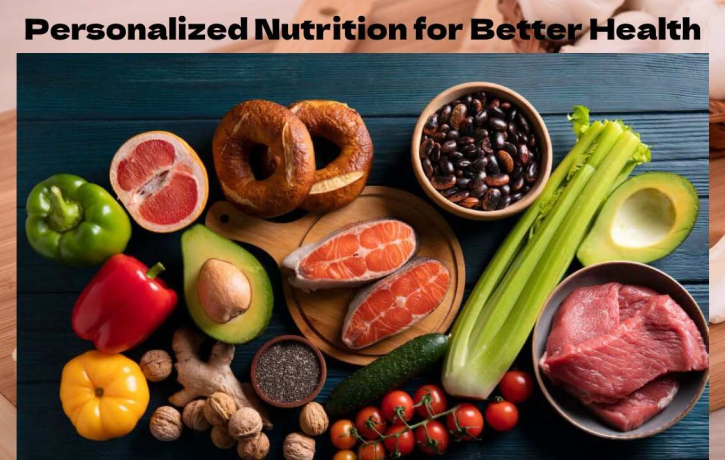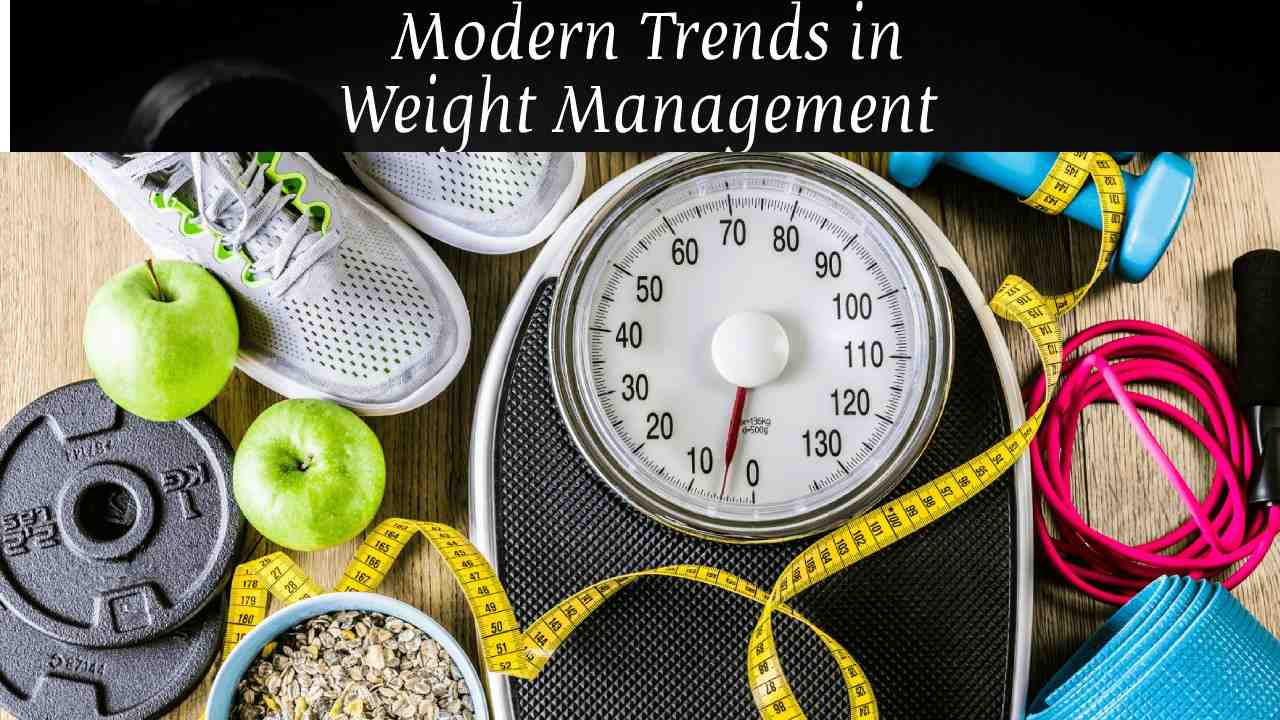Personalized Nutrition: Tailoring Your Diet for Optimal Health
Personalized Nutrition for Better Health. In a world filled with one-size-fits-all diets and ever-changing nutrition trends, personalized nutrition is emerging as a smarter, science-backed approach to eating well. Rather than following generic meal plans, personalized nutrition tailors dietary recommendations to an individual’s unique biology, lifestyle, and health goals—leading to better outcomes and long-term success.
What Is Personalized Nutrition?
Personalized Nutrition for Better Health is the practice of customizing dietary advice based on factors such as:
-
Genetics
-
Gut microbiome
-
Metabolism
-
Health conditions
-
Lifestyle and preferences
By analyzing these personal data points, healthcare professionals and nutrition tech platforms can recommend foods and supplements that support optimal health and prevent disease more effectively than standard guidelines.
Why One-Size-Fits-All Diets Fall Short
While general dietary advice like “eat more vegetables” is beneficial, it doesn’t address individual variability. For example:
-
Blood sugar response to the same food can vary greatly between people.
-
Some individuals thrive on low-carb diets, while others need more complex carbohydrates for energy and mood.
-
Certain people may need more omega-3s or vitamin D due to genetic predispositions.
Personalized nutrition accounts for these differences, making dietary recommendations more precise and effective.
Key Components of a Personalized Nutrition Plan
-
DNA & Genetic Testing
DNA testing can reveal how your body metabolizes fats, carbs, caffeine, and more. It can also identify predispositions to conditions like high cholesterol or lactose intolerance. -
Microbiome Analysis
The gut microbiome plays a major role in digestion, immunity, and even mood. Testing your gut bacteria can guide food choices that balance your microbiome and reduce inflammation. -
Biomarker Tracking
Blood tests measuring cholesterol, glucose, insulin, and nutrient levels can provide real-time insight into your health status and help refine dietary strategies. -
Lifestyle Factors
Activity level, sleep quality, stress, and personal goals all influence your dietary needs. A personalized plan considers how these lifestyle choices impact nutritional requirements.
Benefits of Personalized Nutrition
-
Improved Energy and Mood
Eating the right foods for your body can stabilize blood sugar, reduce fatigue, and boost mental clarity. -
Better Weight Management
Personalized nutrition helps identify foods that satisfy you without triggering weight gain or cravings. -
Chronic Disease Prevention
Tailored diets can reduce the risk of conditions like heart disease, diabetes, and obesity. -
Higher Adherence
When a nutrition plan fits your lifestyle and tastes, you’re more likely to stick with it long-term.
How to Get Started
-
Consult a Registered Dietitian or Nutritionist
Professionals trained in personalized nutrition can help guide testing and interpret results. -
Use Nutrition Technology
Apps and services like InsideTracker, Nutrigenomix, or Zoe offer personalized plans based on testing and AI-driven insights. -
Start Small and Track Progress
Begin with one or two changes, like adjusting your fiber intake or switching your breakfast routine, and monitor how you feel over time.
Final Thoughts
Personalized Nutrition for Better Health is revolutionizing how we approach healthy eating. Instead of chasing fad diets, we can now make informed, individualized choices that work with—rather than against—our bodies. Whether you’re aiming for more energy, weight loss, or disease prevention, tailoring your diet to your unique needs is one of the most effective ways to support lifelong health.








